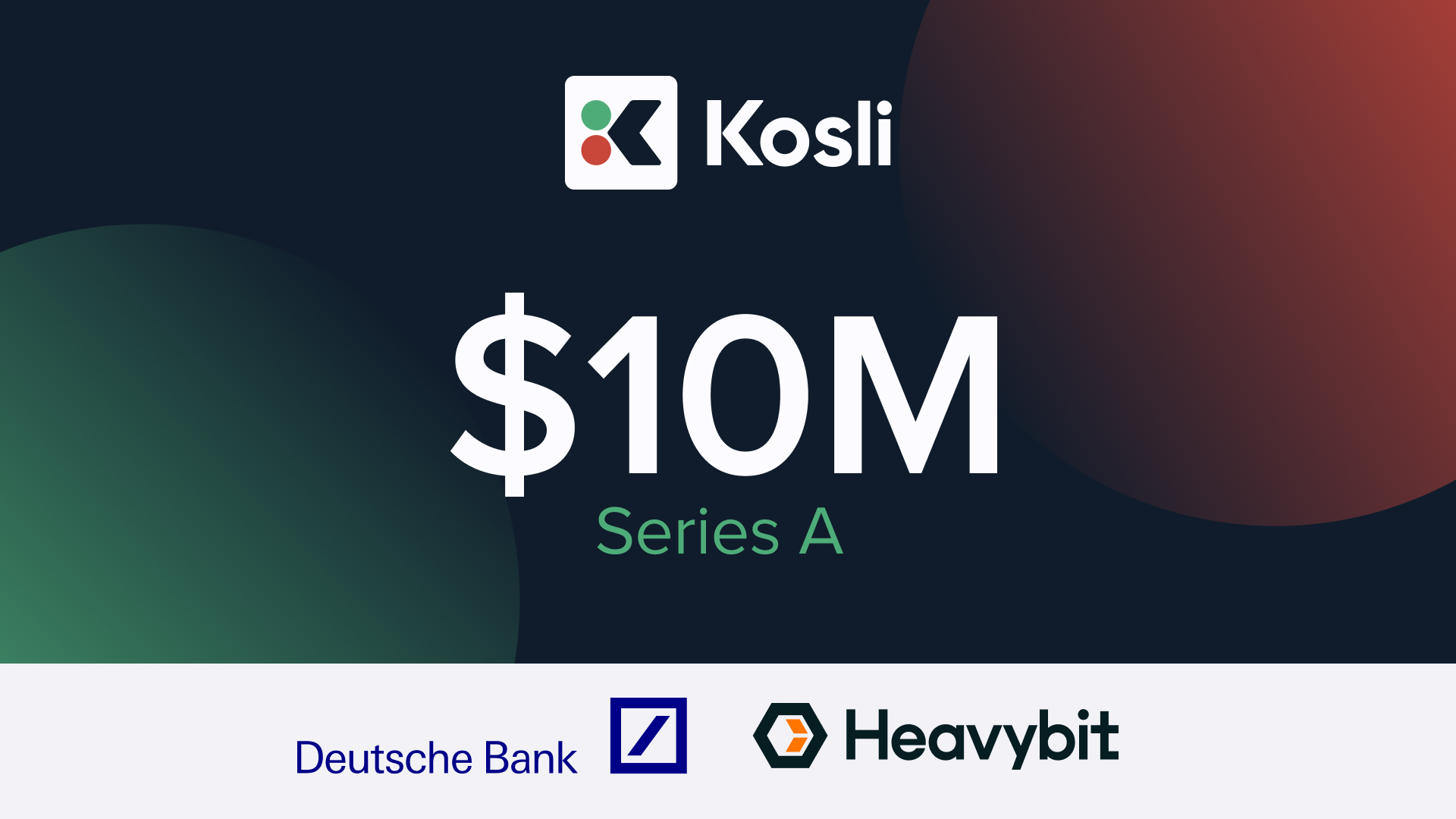Key Takeaways:
I. Gemini 2.0 Flash Thinking demonstrates superior reasoning capabilities compared to previous models, achieving top performance on various benchmarks.
II. Google's strategic integration of Gemini 2.0 within its ecosystem provides a significant competitive advantage, potentially disrupting the LLM market.
III. The ethical implications of increasingly sophisticated AI models like Gemini 2.0 necessitate a responsible approach to development and deployment.
In a significant development in the rapidly evolving field of artificial intelligence, Google has unveiled Gemini 2.0 Flash Thinking, a multimodal reasoning model poised to challenge existing leaders like OpenAI's o1. This new model promises not only enhanced reasoning capabilities but also a greater degree of transparency, addressing long-standing concerns about the 'black box' nature of AI decision-making. With native support for image analysis and integration with Google's powerful AI infrastructure, Gemini 2.0 Flash Thinking has the potential to reshape the AI landscape and unlock a wide range of new applications across various industries. This article delves into the technical advancements, strategic implications, and ethical considerations surrounding this latest breakthrough in AI reasoning.
Inside Gemini 2.0: Architecture and Reasoning Capabilities
Gemini 2.0 Flash Thinking distinguishes itself through its 'thinking out loud' approach, providing unprecedented transparency into the model's reasoning process. Unlike traditional 'black box' AI systems, Gemini 2.0 allows users to access its step-by-step reasoning through a dropdown menu, offering insights into how it arrives at its conclusions. This transparency is crucial for building trust and understanding, particularly in sensitive applications where explainability is paramount. For example, in a simple test involving counting the letter 'R' in 'Strawberry,' the model clearly articulated its reasoning, demonstrating its ability to break down complex problems into smaller, understandable steps. This feature sets it apart from competitors like OpenAI's o1, which often lack such transparency.
This transparency is enabled by a sophisticated architecture leveraging advancements like sparse attention and potentially a Mixture of Experts (MoE) approach. Sparse attention allows the model to focus on the most relevant parts of the input, optimizing efficiency and reducing computational costs. MoE further enhances efficiency by routing different parts of the input to specialized expert modules. These innovations contribute to Gemini 2.0's impressive speed, reported as twice that of its predecessor, Gemini 1.5 Pro. This increased efficiency is crucial for real-time interaction and complex reasoning tasks, enabling the model to process up to 32,000 tokens of input and generate 8,000 tokens per output response.
Gemini 2.0's multimodal capabilities represent another significant advancement. Unlike o1, which initially launched as a text-only model, Gemini 2.0 is designed to process images from the outset. This native support for image uploads and analysis expands its potential use cases, enabling it to tackle scenarios that combine different types of data. For instance, in one test, the model successfully solved a puzzle requiring analysis of both textual and visual elements, demonstrating its versatility in integrating and reasoning across formats. This multimodal proficiency positions Gemini 2.0 as a more versatile and powerful tool for a wider range of applications.
Furthermore, Gemini 2.0's integration with Google's existing AI infrastructure, including Google AI Studio and Vertex AI, provides developers with seamless access and facilitates rapid prototyping and deployment. The availability of a new Google Gen AI SDK offers a unified interface across both the Gemini Developer API and the Gemini API on Vertex AI, simplifying development and promoting wider adoption. While details on licensing and costs are still forthcoming, the current zero cost per token in Google AI Studio suggests a potential competitive advantage for developers seeking cost-effective solutions.
Challenging the Status Quo: Gemini 2.0's Impact on the AI Market
The launch of Gemini 2.0 Flash Thinking has significant implications for the competitive landscape of the AI market. Its superior performance on benchmarks, coupled with its transparent reasoning and multimodal capabilities, positions it as a direct challenger to OpenAI's o1 family. While precise market share figures are not yet available, early indications suggest that Gemini 2.0 has the potential to disrupt the existing balance of power, particularly given its top ranking across all categories in the Chatbot Arena LLM Leaderboard. This intensified competition is likely to drive further innovation and accelerate the development of even more sophisticated AI models.
Google's strategic integration of Gemini 2.0 within its broader ecosystem provides a substantial competitive advantage. The seamless integration with Google Search, Assistant, and Cloud offers a powerful distribution channel and facilitates access to a vast user base. This integrated approach contrasts with OpenAI's current strategy, which relies on partnerships and third-party integrations. Google's control over its ecosystem allows for tighter integration and potentially faster innovation, giving it a significant edge in the long-term competition.
The potential financial implications for Google are substantial. While specific revenue projections are not publicly available, the widespread adoption of Gemini 2.0 across Google's services and its potential for licensing to third-party developers could generate significant revenue streams. The enhanced efficiency and performance of Gemini 2.0 could also lead to cost savings for Google, further strengthening its competitive position. Moreover, the improved search experience and increased user engagement resulting from Gemini 2.0 integration could indirectly boost advertising revenue, a key driver of Google's business model.
| Company | Total Funding (USD Millions) |
|---|---|
| OpenAI | 11310.1 |
| Anthropic | 8754.0 |
| xAI | 6134.7 |
| Databricks | 4181.9 |
| Moonshot AI | 3500.0 |
| Mistral AI | 1194.9 |
| Cohere | 940.0 |
| MiniMax AI | 850.0 |
| Aleph Alpha | 519.6 |
| Allen Institute | 500.0 |
Note: This table presents funding data for select AI companies. Further research is needed to assess market share and competitive dynamics within the LLM landscape.
However, the long-term success of Gemini 2.0 is not guaranteed. The AI market is highly dynamic, with new competitors and technologies emerging constantly. OpenAI and other players are likely to respond with their own advancements, further intensifying the competition. The evolving regulatory landscape and the ongoing ethical debates surrounding AI could also impact the adoption and deployment of Gemini 2.0. Google's ability to navigate these challenges and maintain its innovation edge will be crucial for its long-term success in the AI market.
The Ethical Frontier: Responsible AI Development with Gemini 2.0
The increasing sophistication of AI models like Gemini 2.0 raises important ethical considerations. The potential for bias in training data, the capacity to generate misinformation, and the possibility of misuse for malicious purposes necessitate a responsible approach to development and deployment. As AI systems become more integrated into our lives, ensuring transparency, accountability, and fairness becomes paramount. The 'thinking out loud' approach, while a step towards greater transparency, does not fully address these complex ethical challenges. Robust safeguards, ethical guidelines, and ongoing monitoring are essential to mitigate potential risks.
Google's efforts to address these ethical concerns include the integration of SynthID invisible watermarks in generated content. This technology helps to identify AI-generated images and audio, mitigating the risk of misinformation and deepfakes. However, the ethical landscape of AI is constantly evolving, requiring continuous adaptation and vigilance. Open discussions and collaboration among stakeholders, including researchers, developers, policymakers, and the public, are crucial for establishing best practices and ensuring the responsible development and deployment of advanced AI systems like Gemini 2.0.
The Future of AI: Gemini 2.0 and Beyond
Gemini 2.0 Flash Thinking represents a significant milestone in the ongoing evolution of artificial intelligence. Its advanced reasoning capabilities, multimodal understanding, and transparent approach to decision-making have the potential to transform how we interact with technology and unlock a wide range of new applications across various industries. However, the rise of agentic AI also presents significant ethical challenges that must be addressed proactively. The future of AI depends not only on continued technological advancements but also on our collective commitment to responsible development, ensuring that these powerful tools are used for the benefit of humanity. Ongoing dialogue and collaboration among stakeholders will be essential for navigating the complex ethical landscape and shaping the future of AI in a way that aligns with human values and societal well-being.
----------
Further Reads
I. Google launches Gemini 2 — here's why its a big deal | Tom's Guide
II. Google Unveils Gemini 2.0 Flash with Major Speed and Performance Upgrades
III. Google aims to boost productivity with AI Agent tool | TechTarget









